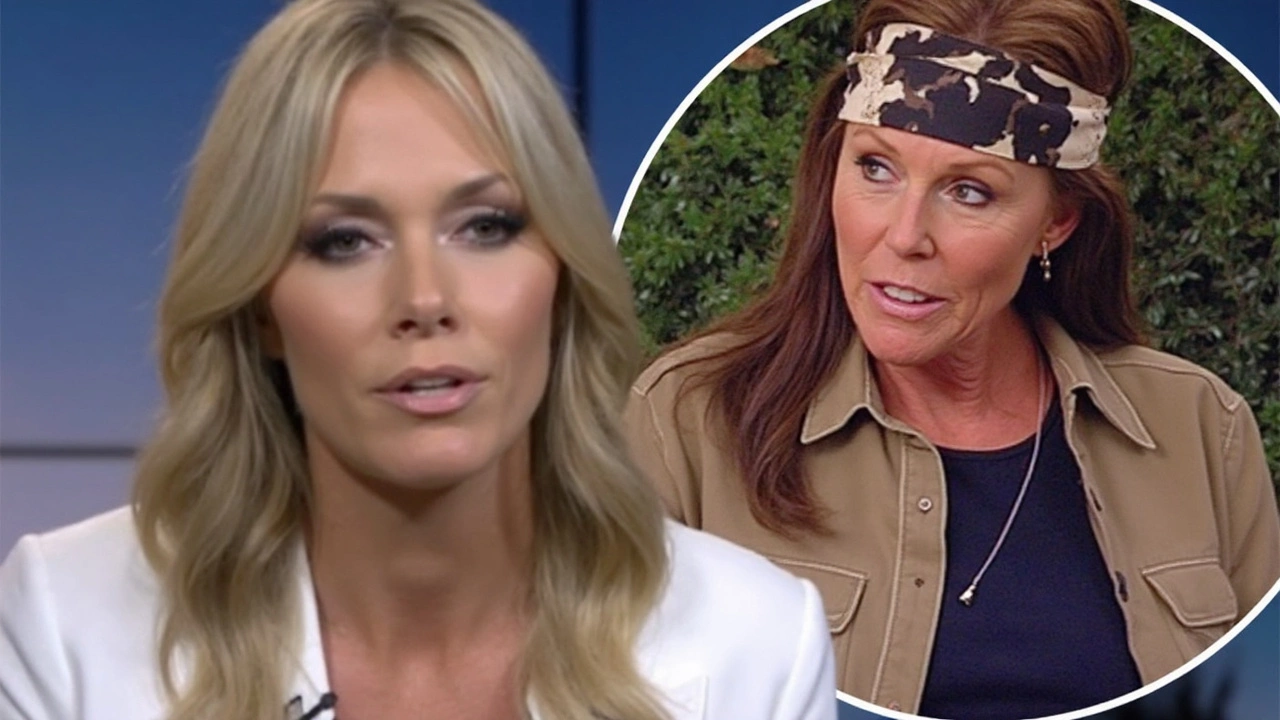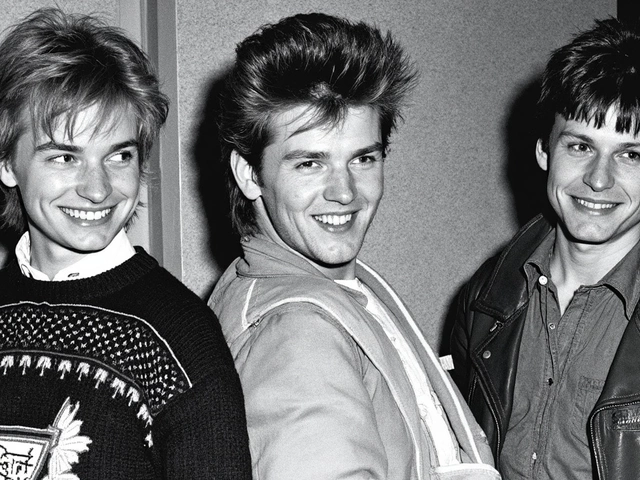Friendship in Sports: Why It Matters and How to Grow It
When you step onto a court, field, or track, you’re not just playing a game—you’re joining a group of people who can become lifelong friends. A solid friendship inside a team makes practice more fun, helps players push through tough moments, and often leads to better results. If you’re a coach, a player, or just someone who loves sports in New York, you’ll want to know how to turn teammates into friends.
Friendship Boosts Performance
Research shows athletes who trust each other work harder and stay focused longer. When you know a teammate has your back, you’re less likely to hold back. That confidence shows up in quicker passes, tighter defenses, and a healthier competitive spirit. In the busy NY sport scene, where schedules are tight and the pressure is high, that extra level of trust can be the edge you need.
Take a local basketball league in Brooklyn: the players who spent time hanging out after games reported higher shooting percentages. They weren’t just practicing drills; they were sharing jokes, swapping stories, and building a sense of belonging. That camaraderie turned into on‑court chemistry, and the team climbed the ranks faster than rivals who kept things strictly professional.
Practical Ways to Grow Friendship on the Team
1. Schedule non‑sport hangouts. A quick dinner, a park walk, or a movie night lets teammates see each other beyond the uniform. Even a short coffee break after practice can spark conversation.
2. Encourage honest communication. Set aside time for players to voice concerns or share personal goals. When a coach asks, “How are you feeling this week?” it shows you care about the person, not just the performance.
3. Create small group challenges. Pair up younger athletes with veterans for skill drills. The mixed experience levels foster mentorship and give both sides a chance to learn.
4. Celebrate milestones together. Whether it’s a birthday, a personal best, or a team win, acknowledgment builds a positive atmosphere. A simple shout‑out in the locker room goes a long way.
5. Teach conflict resolution. Friendships aren’t always smooth. Coaching players on how to handle disagreements—using “I” statements and active listening—keeps the team united.
In New York’s diverse sports clubs, these steps work across baseball, soccer, and even niche activities like rowing. The common thread is the same: people who feel connected perform better and stay longer.
By focusing on friendship, you turn a group of athletes into a community. That community not only wins games but also supports each other’s personal growth. So next time you plan a practice, think about the after‑practice coffee and the shared laughs. Those moments are the real training you need for success.
Kieran Lockhart, Jul, 5 2025
Sophia Hutchins Reflects on Caitlyn Jenner’s Profound Influence and Enduring Friendship
Sophia Hutchins often celebrated Caitlyn Jenner’s influence on her life, describing her as an instrumental and selfless friend who encouraged growth. Their relationship—rooted in Jenner’s 2015 transition—mixed deep friendship and professional collaboration. Rumors tested their bond, ending tragically after Hutchins' fatal accident at age 29.
View More




